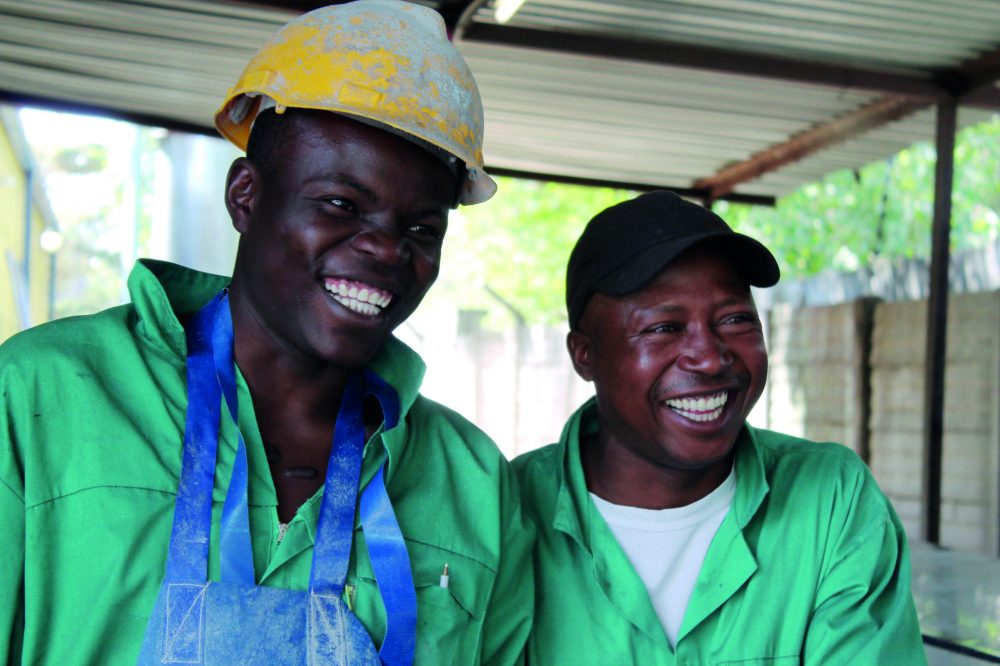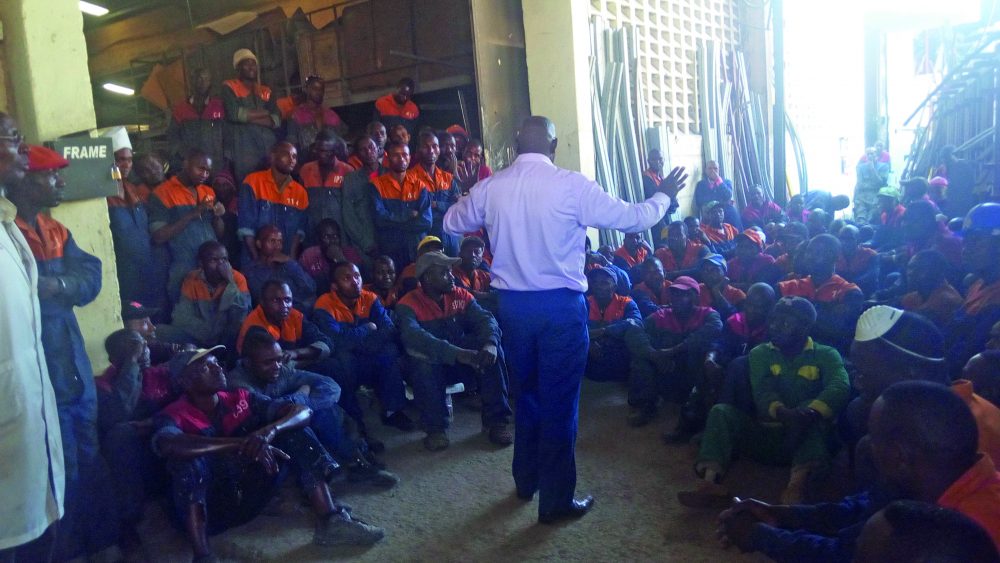About the programme
The programme
The Swedish Workplace Programme (SWP) is a joint effort between the International Council of Swedish Industry (NIR) and the Metal and Industrial Workers Union, IF Metall. The programme builds on over a decade of experience in hundreds workplaces in multiple countries. SWP is funded by Sida, Sweden’s government agency for development cooperation.
READ AND DOWNLOAD A SHORT SUMMARY OF THE PROGRAMME (PDF)
International Council of Swedish Industry
NIR is a member based non-profit organisation. NIR’s current members consist of nine of Sweden’s largest exporting companies, as well as the Swedish Export Credit Corporation (SEK) and SEB. NIR has been operating for sixty years in the nexus between aid and trade and interacting with a multitude of stakeholders ranging from governments, agencies, academia, and NGOs, as well as business in Sweden and in partner countries. NIR has also been partnering with trade unions for more than a decade.
IF Metall
The Metal and Industrial workers union, IF Metall, partners with NIR in the Swedish Workplace Programme to provide expertise and experience in the Swedish Model – specifically in Social dialogue as it is a proven method in achieving decent work.
From strategic focus to practical solutions
Companies that invest in their employees and promote decent work become employers of choice and play an active role in the social and economic transformation. These investments promotes sustainable business and agenda 2030 with the global goals (SDG). Swedish Workplace Programme (SWP) contributes specifically towards the global goal 8 – Decent work and Economic growth.
The programme understands the complex challenges global companies face in relaying, promoting and enforcing their policies and guidelines within their various operations around the world. We offer the often-needed support in facilitating stronger relationships between management and employees. Our team works intimately with the local operation to identify areas of improvement in the workplace while developing activities and employee driven initiatives to achieve the desired goals and objectives.
Our efforts aim to have a far reaching effect not only within the local workplace but within the greater community as well. Participating companies benefit from our extensive SWP network through shared best practices and lessons learned, as well as by sharing their own contributions in the areas of decent and sustainable work in emerging and complex markets.

The programme's objectives
The Swedish Workplace Programme aims to improve the working conditions in multiple ways, leading to sustainable best practice that can be maintained for the future:
- Contribute to sustainable business, decent work and inclusive economic growth
- Establish or enhance structures that support dialogue in the workplace to facilitate workplace cooperation and productivity
- Encourage workplaces to become more sustainable and go beyond compliance.
- Equip organisations with the technical skills to develop the appropriate interventions in relation to challenges in the workplace
- Provide platforms for dialogues and networks so companies can engage in joint strategic discussions on solutions to address sustainability challenges
- Assist in developing best practice structures that can be replicated
- Constitute a concrete tool for workplaces to contribute to international frameworks such as Agenda 2030, Global Compact, OECD Guidelines and ILO core conventions


Benefits
The main beneficiaries of the programme and the relationships established are the local employees and management. Other beneficiaries include members of local unions and suppliers. By implementing a dialogue structure at the workplace level, the beneficiaries are given increased opportunities to express their concerns, to organise and to communicate their needs.This approach enables the workplace to be well prepared to handle change, whether it is planned for or unforeseen.
- Increased productivity
- Tools to handle conflicts
- Tools to manage change processes
- Established sustainability goals and action-oriented plans
- Reduced absenteeism and staff turnover
- Increased trust from customers and other stakeholders
- Integration of best practises on workplace cooperation and sustainability strategies
- Tools to develop and implement company policies in practice
Partnerships
Peer to peer partnership
Peer to peer relationships are developed through our regional Sustainable Business Platforms (SBP). This is a way to engage both partnering companies and interested companies in joint strategic discussions as well as to share peer-to-peer learnings and best practices.
Partnership at the workplace
A strengthened dialogue structure combined with a well established relationship between employees and managers can have a lasting positive impact on the labour market at large. As democratic values and dialogues become standardised, trust and understanding increases between employers and employees and conflict decreases. The SWP approach enables the workplace to be well prepared to find joint solutions, mitigate risks, and handle change.

Partnership within the Workplace Programme
The role of the Swedish Workplace Programme
- Establish a workplace committee composed of both management and employees
- Facilitate dialogues within the committee
- Support the committee with expertise and training “free of charge”
- Provide continuous support to the company for 12-18 months
- Evaluate results to improve the programme on a continuous basis
Role of the partner company
- Take ownership of the Workplace Programme
- Commit to the implementation of the Workplace Programme
- Allocate time, resources and logistical support to the Workplace Programme
Cost sharing model
No financial transactions are made between the parties. The company/workplace provide personnel, working time, venue and catering. SWP provides expert services in the facilitation of, and support for training and activities
The programme's strategic areas
The strategic areas of Decent Work, Partnerships and Sustainable Business include a wide variety of themes important to any company that wants to implement their company’s policies to fulfill the goals in Agenda 2030.

Our background
Over the past 14 years, the Swedish Workplace Programme (SWP) has been developed with numerous global Swedish industry companies at 600 different workplaces in Sub-Saharan Africa for the purpose of developing a joint approach to mitigate the negative impact of HIV and AIDS at the workplace.
Supporting the partnership between employees and management by means of facilitation through social dialogue, companies were able to improve the sustainability of their business operations and to reduce the impact of the disease for their employees.
The impact shows that diverse workplaces facilitate higher levels of productivity and profitability and investments in partnerships were shown to improve communication and workplace well-being, which lead to business growth.
The Swedish Workplace Programme and its approach is developed from the learnings collected from SWHAP (Swedish Workplace Hiv Aids Programme).
Learn more about the SWHAP programme and its accomplishments in the films below.
Pilot projects
During 2019 the team initially piloted the Swedish Workplace Programme (SWP). The SWP approach uses social dialogue structures to facilitate a relationship between management and employees’ representatives so that they can take joint responsibility in the design and implementation of improvements at the workplace.
The 23 pilots were intended to establish workplace committees who would then use the social dialogue structure to address and find solutions for identified challenges related to sustainability and decent work in the workplace. These dialogues were then put into action through employee driven initiatives that resulted in change in the workplace. The pilots also sought to identify key learnings and strategies to be used in the global roll-out in 2020.
The outcome of the pilots confirms that the SWP approach is effective in establishing dialogue between employers and employees in the workplace, even when tackling themes beyond wellness and HIV/AIDS.
The social dialogue structure facilitates the identification of challenges of mutual concern at the workplace while providing a platform that allows for the co-creation of solutions.
The SWP approach also proved useful for supporting the policy development, dissemination and implementation process.

Contact us
+46 8 783 82 68
Visit the page Contact
Global office
World Trade Center
Klarabergsviadukten 70
111 64 Stockholm


